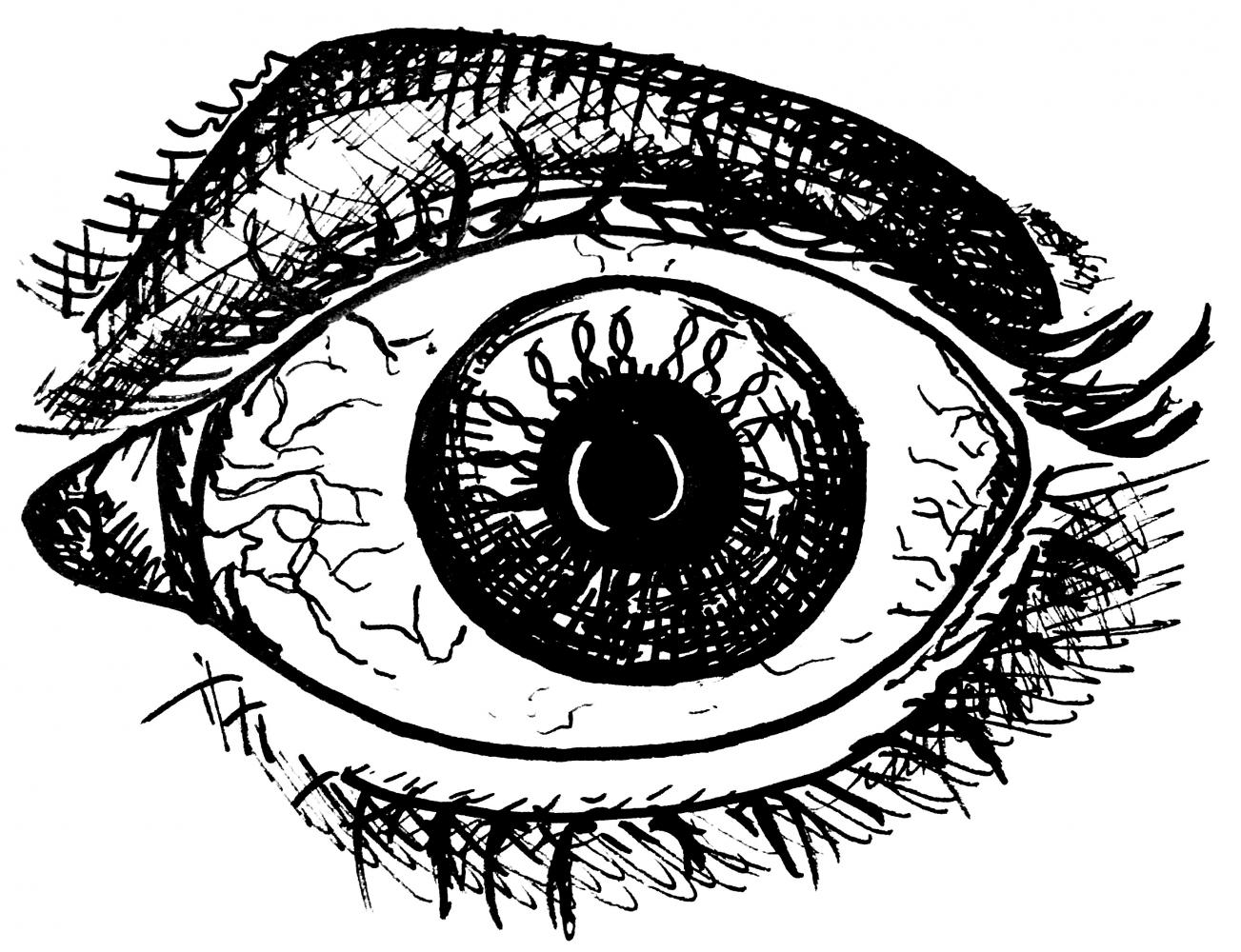Faith, Future, and the Eclipse
September 17, 2017
Rewind to the eclipse frenzy before school started, with people looking up confusedly with some snazzy patterned glasses, or looking through a slit in a large cardboard box. It was a time when people were excited about the sun. And what was going on was actually a pretty incredible feat of human ingenuity. From the start, the sun has always held special significance: something so bright you can’t look at it directly without special protections, the literal reason for our existence, the center that we revolve around, but way too hot to ever engage with directly. To look at the eclipse then becomes a bold statement about what is possible for human beings.
At the time of the eclipse viewing, I didn’t have glasses, yet everywhere I turned, people offered their own viewing instruments with the aggressive generosity of one of my childless aunts. Human decency is alive and well; the moon just has to be covering the sun for people to be open about it. Yet I couldn’t help but wonder why people couldn’t unite so harmoniously about any other issue. Of course the eclipse is a majestic natural phenomenon that we should all seek to enjoy, but if the eclipse suggests that people with widely differing interests can come to consensus about what is worth looking at (i.e.; the sun), why can we not come to consensus about what is worth paying attention to, like issues of income inequality?

History proves that we are capable of great, impressive feats, and suggests that the underlying desire to achieve, to overcome and to progress is something essential to our humanity. Technological progress and the idea that we’ve overcome challenges is undeniable. I have an iPhone that can do in 2 seconds what the brightest minds of the 1950s struggled to accomplish. Yet for every challenge overcome, for every hurdle leapt and for every triumph, there remain systemic issues like racism, sexism and inequality. While there have been some steps made to remedy these social ills, they are not nearly as openly defiant or as hopeful as staring directly at the sun, with only some tinted plastic to protect your bare eyeballs. But if people of every age, background and station in life can gather round together to look at the sun, what’s to stop people from connecting on other things? I cannot see an answer in sight.
Because the sun is visible, the eclipse can be seen – viewers are in consensus about what is going on. No one with functioning eyes could deny the experience of a total eclipse, yet people deny the need for social reform every other day. And so, I am forced to come to terms with the at once hopeful message that all people can come together and enjoy the progress and triumph of the human spirit as it allows us to look at the hot ball of gas that makes all life on earth possible, while also conveniently doing nothing about the disagreements between the many diverse human lives on earth. The eclipse appeals to a more fundamental human connection with nature, while doing nothing for the human connection with other humans. I only hope that maybe one day, we can develop ‘society glasses’ that help us look directly at our social problems, and connect with other people about how to solve them.





